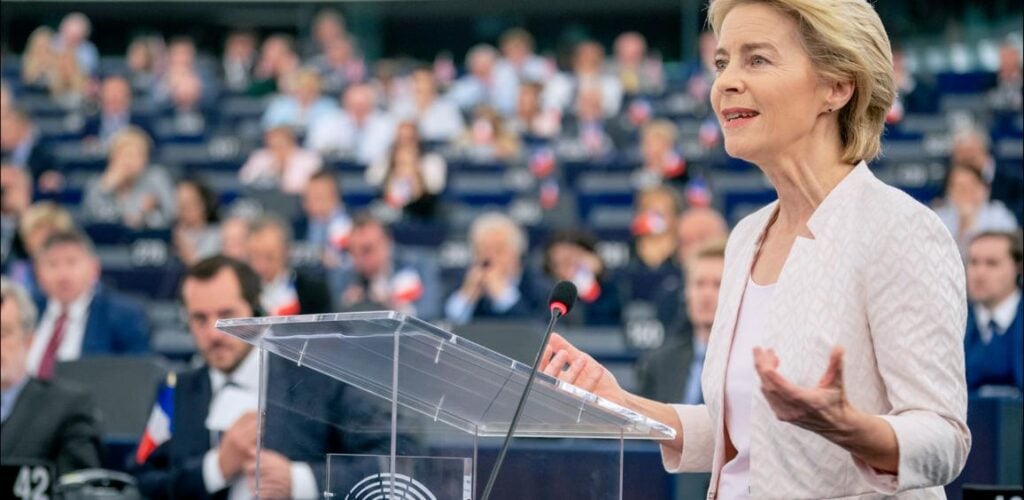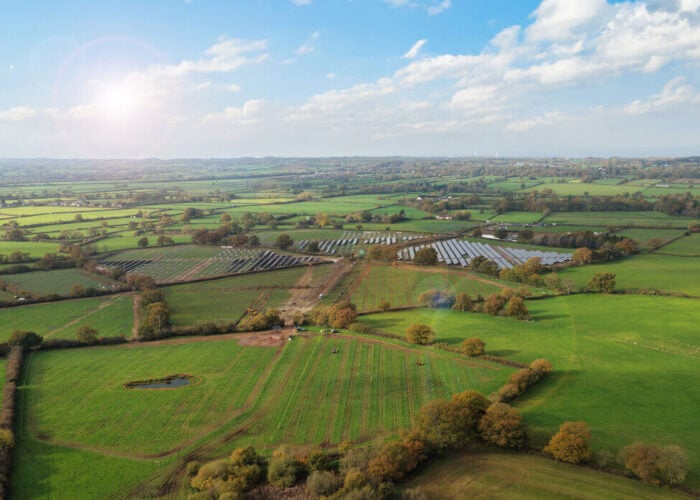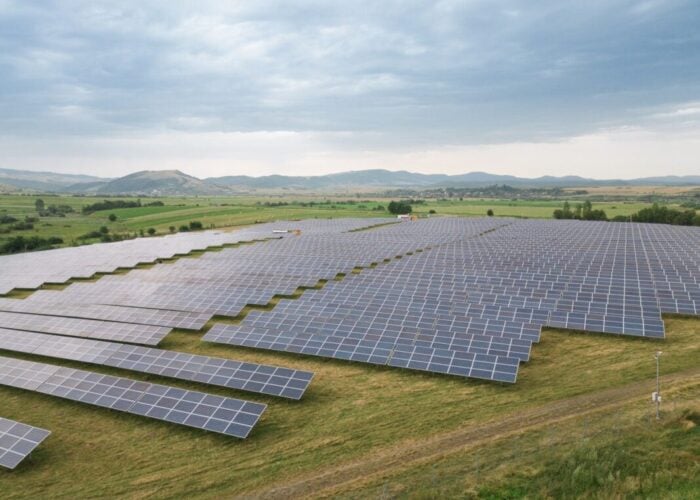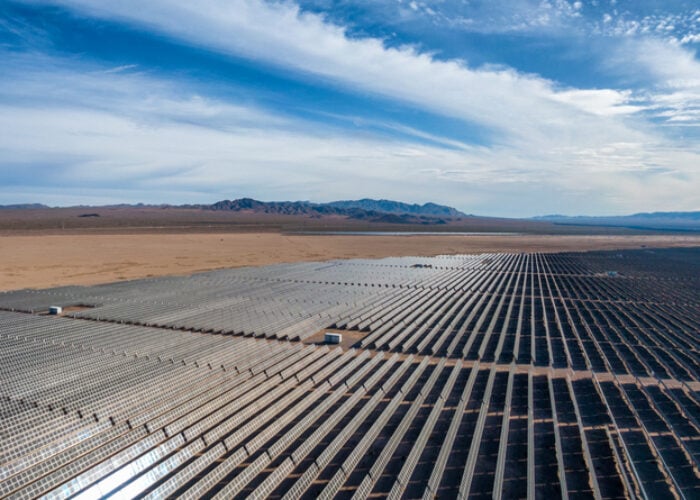
Representatives from the EU, International Energy Agency (IEA), International Renewable Energy Agency (IRENA) and countries including Australia, the UAE and the UK have signed an open letter to deliver a “just and equitable energy transition”.
The letter calls for fairer allocation of resources to deliver the energy transition, noting that, for instance, of the US$2 trillion spent on climate change in 2024, only US$40 billion was invested in Africa. The letter calls for greater equality in two areas affecting the solar sector, in particular: access to finance and scaling up of clean energy manufacturing facilities.
Try Premium for just $1
- Full premium access for the first month at only $1
- Converts to an annual rate after 30 days unless cancelled
- Cancel anytime during the trial period
Premium Benefits
- Expert industry analysis and interviews
- Digital access to PV Tech Power journal
- Exclusive event discounts
Or get the full Premium subscription right away
Or continue reading this article for free
For instance, the Association of Southeast Asian Nations (ASEAN) is expecting a 41% increase in electricity demand by the end of the decade, and a growth in renewable energy capacity of up to 500% by 2035, according to think tank Ember. The open letter estimates that the region will require an additional US$47 billion a year in investment and “skills development” over the next decade to meet the demand for new electricity generating capacity and transmission infrastructure.
While the majority of clean energy investment has come from other Southeast Asian countries – a report from Zero Carbon Analytics found that, between 2013 and 2023, China and Japan led investments into Southeast Asian clean energy with US$2.7 billion and US$2.4 billion, respectively – there is a growing source of foreign direct investment (FDI) in many countries with less mature solar sectors.
In January, Ruth Lai of Infrared Capital Partners said in a webinar hosted by PV Tech publisher Solar Media that the high cost of capital is likely to be a challenge for new renewable power deployments in 2025. This creates an opportunity for wealthy overseas developers to invest in regions such as Southeast Asia to plug this capital gap.
For instance, a 2024 report from the ASEAN Centre for Energy found that FDI increased in Southeast Asia by more than 17% year-on-year following the Covid-19 pandemic, while Malaysia saw an increased of 41% in FDI between 2021 and 2022. Just this week, global investment firm Brookfield announced plans to develop a 1.5GW utility-scale solar and battery energy storage system (BESS) portfolio in Malaysia with local solar developer Solarvest.
‘Scale up local manufacturing’
The open letter also called for greater support for clean energy manufacturing, which will focus on “developing countries”. While the letter did not specify regions where these manufacturing projects would be located, or how the parties will work to expand manufacturing capacity, it noted that greater manufacturing capacity around the world would be required to meet a renewable capacity installation target of 11TW by the end of the decade.
A number of solar manufacturing projects have been announced in Africa this year, including a 1GW solar module manufacturing facility in Nigeria, announced earlier this week. Egypt will also host a new solar and battery manufacturing facility, at which construction and testing will take three years.
In keeping with the trend of securing overseas finance for clean energy projects, both of these initiatives are supported by foreign investors. Dutch renewables company Solarge BV is working with the Nigerian Rural Electrification Agency (REA) and local development vehicle InfraCorp on the Nigerian factory, while groups from Bahrain, China, Egypt and the UAE are all collaborating on the Egyptian project, suggesting that this kind of cross-border financing will be essential in scaling up clean energy manufacturing capacity.
The 21 signatories of the open letter include Ursula von der Leyen, president of the European Commission; Fatih Birol, executive director of the IEA; Francesco La Camera, director-general of IRENA; Anthony Albanese, prime minister of Australia; Mohammed bin Rashid Al Maktoum, vice president and prime minister of the UAE; and Keir Starmer, prime minister of the UK.






